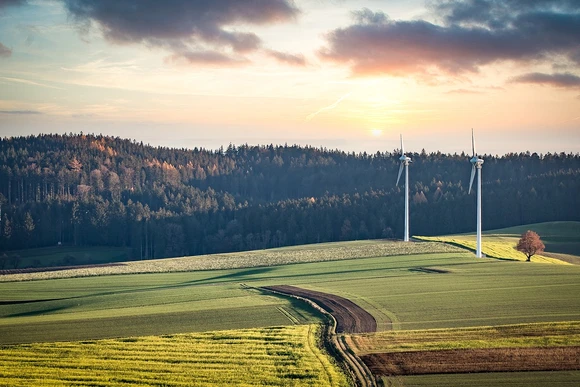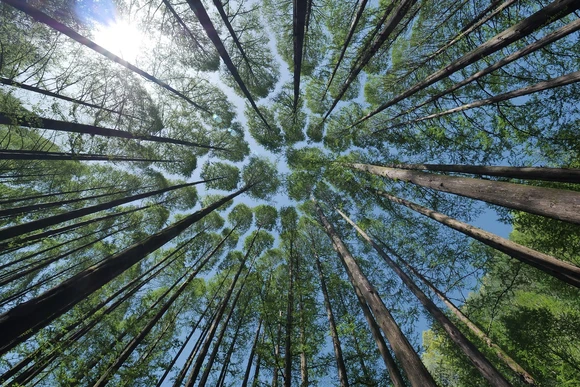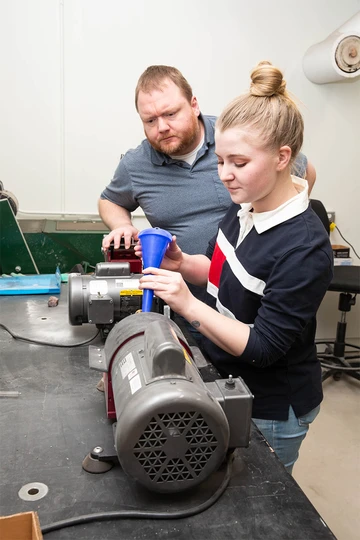Decoding Earth's DNA
Embark on an exciting journey to understand and protect our planet with Fredonia’s Earth Sciences BA program. This hands-on program explores Earth’s dynamic systems and human impact on the environment, preparing you for a meaningful career in sustainability, research, and environmental stewardship. With opportunities to work closely with faculty in both lab and field settings, you’ll gain skills to address today’s pressing environmental challenges and contribute to a sustainable future.
What You’ll Gain
- Comprehensive Knowledge: Develop a strong foundation in Earth’s systems, geological principles, and environmental sciences.
- Practical Field Experience: Participate in field research across diverse settings, including Lake Erie and Fredonia’s 200-acre College Lodge.
- Analytical Skills: Learn to critically evaluate scientific literature, collect and interpret environmental data, and communicate findings.
- Global and Local Perspectives: Understand the interconnectedness of natural processes and human impacts, with applications from local ecosystems to global contexts.
- Personalized Advisement: Benefit from one-on-one mentorship and customized academic planning to support your unique goals.















